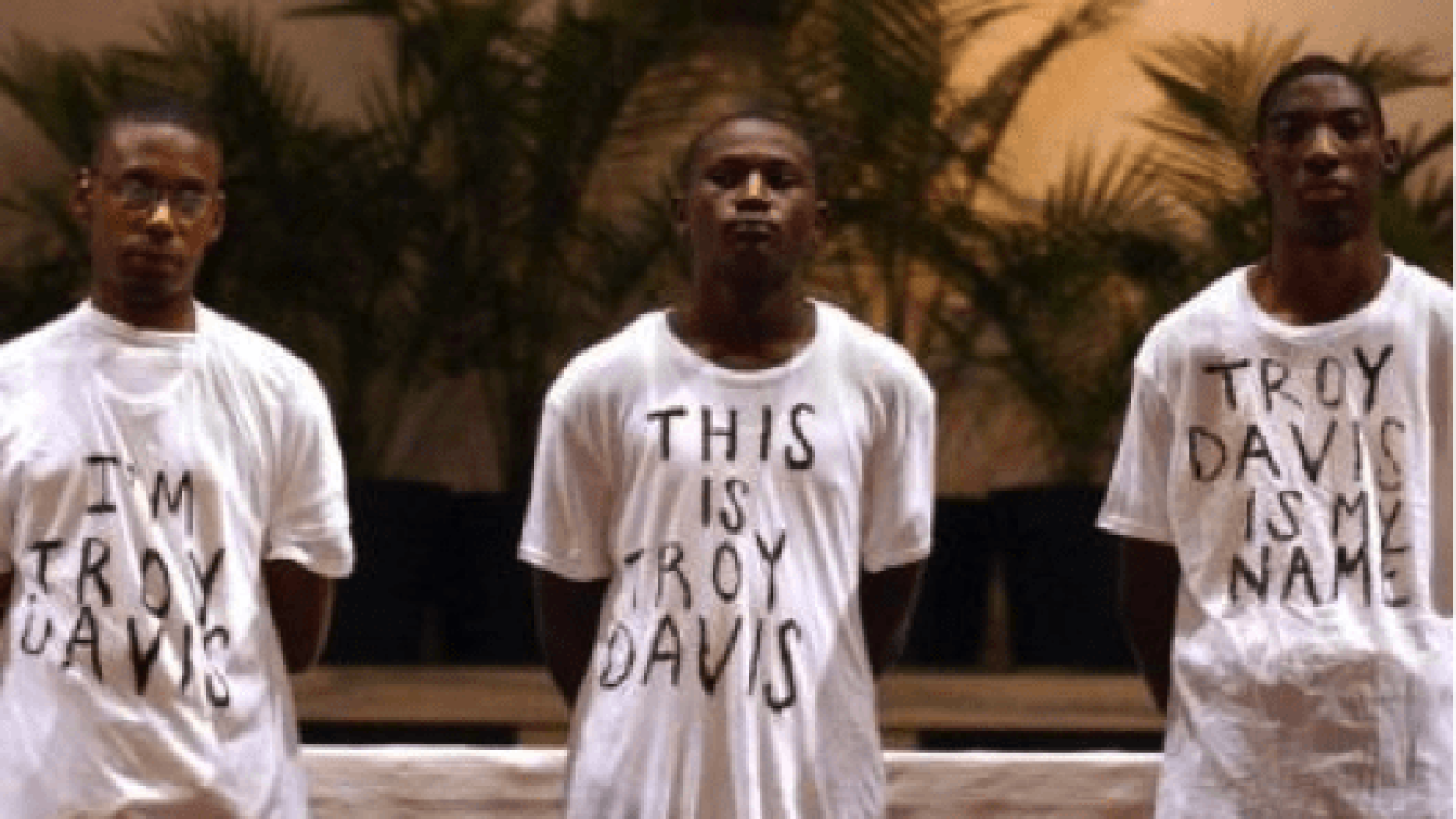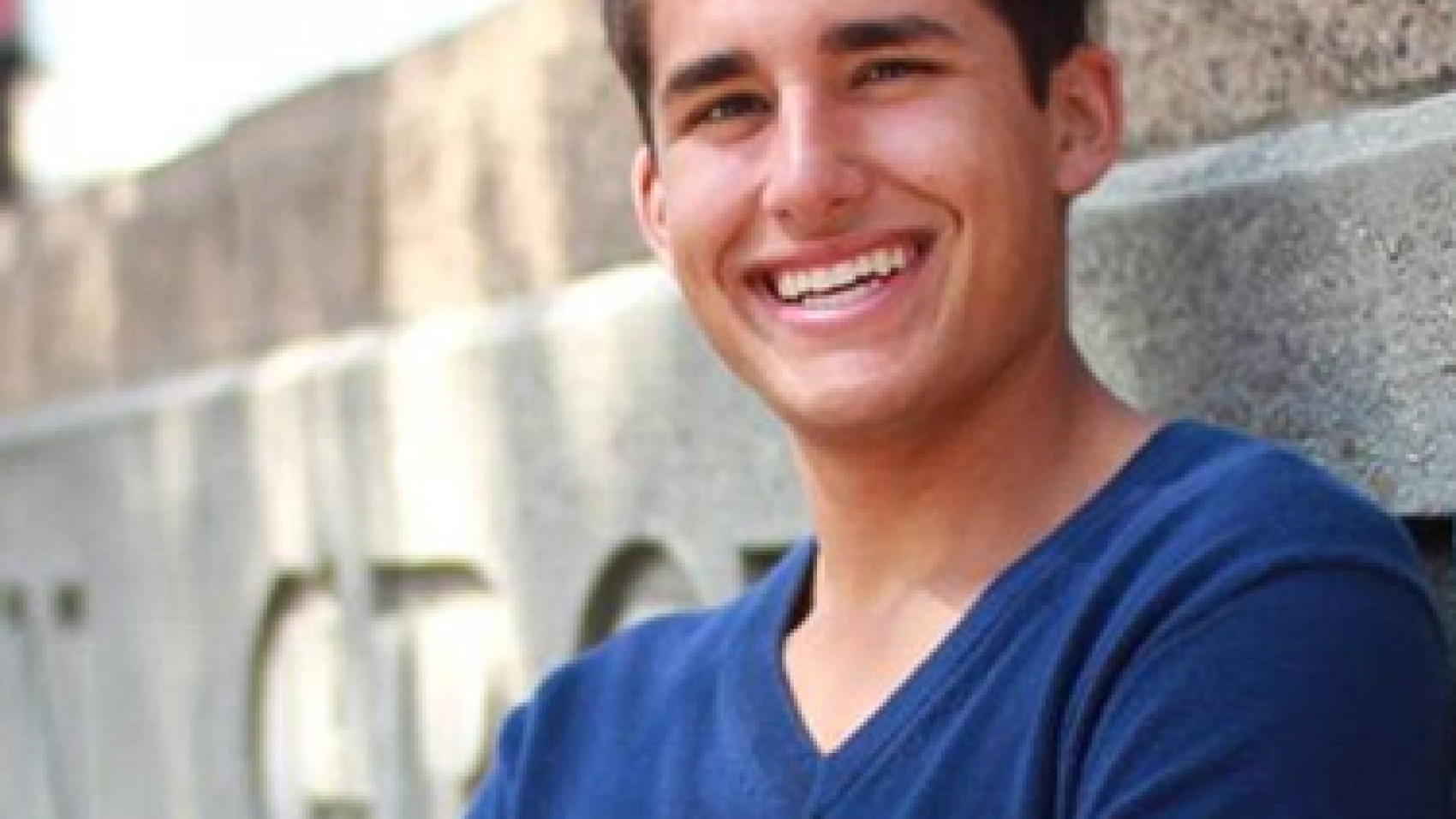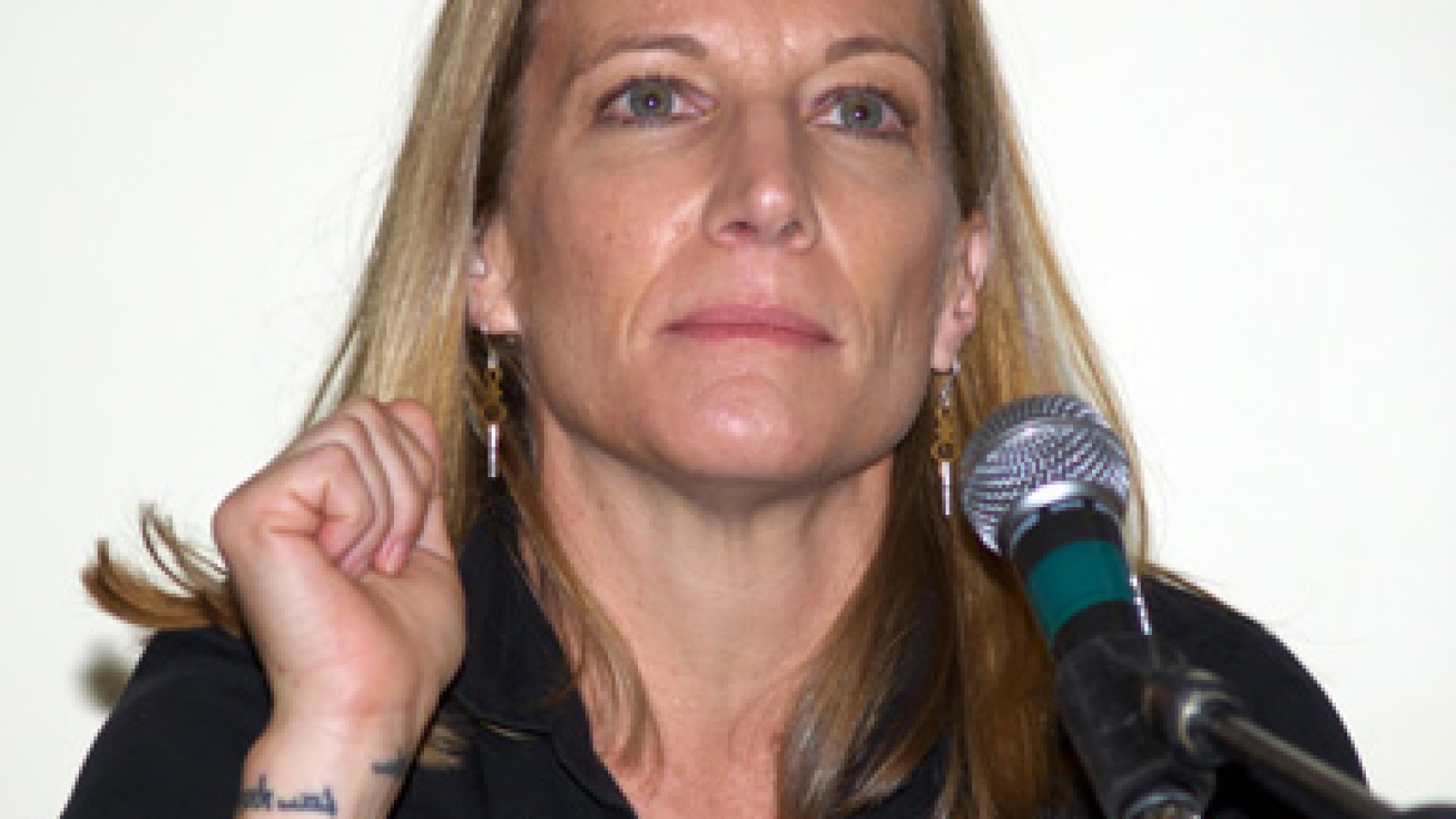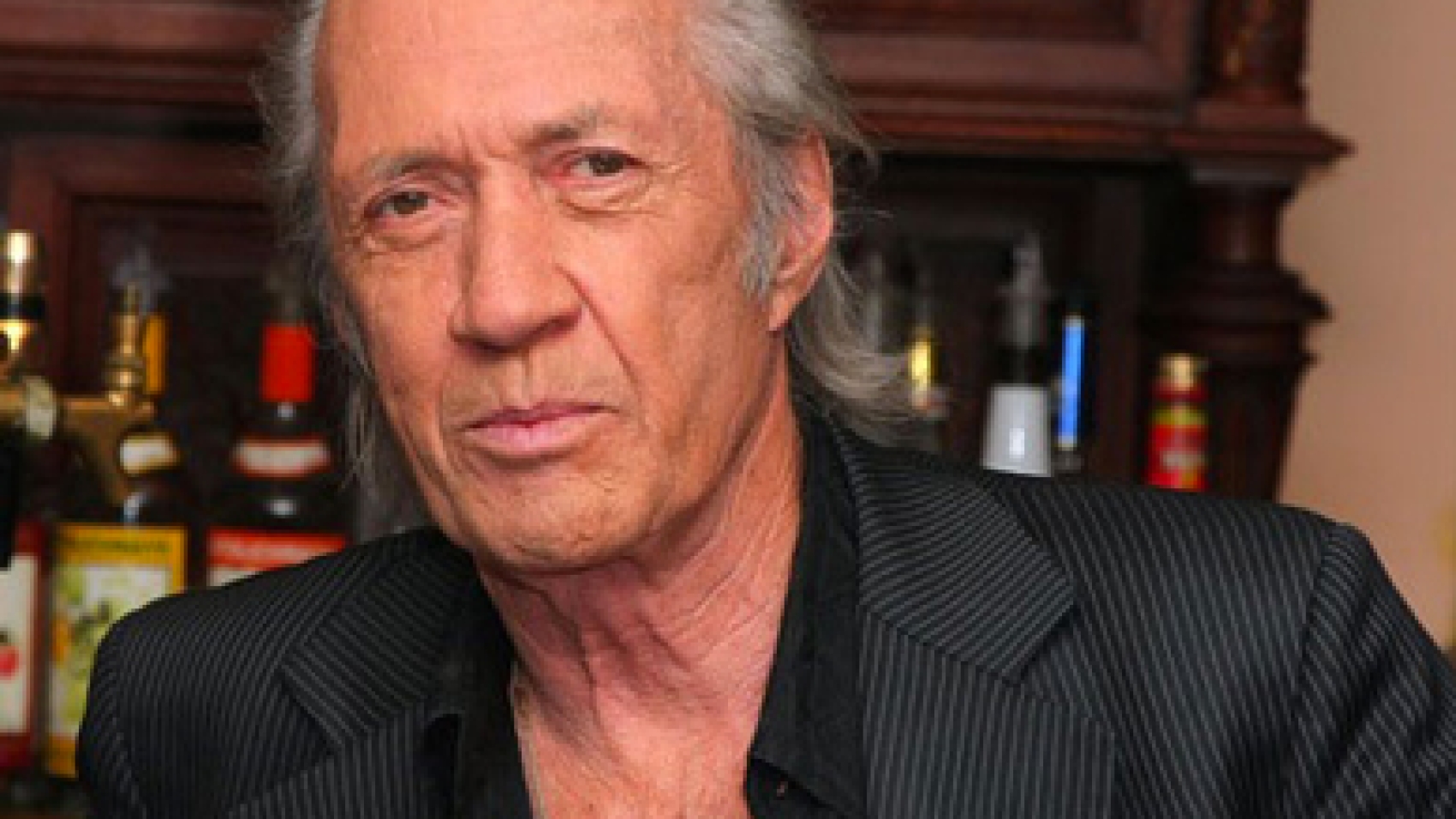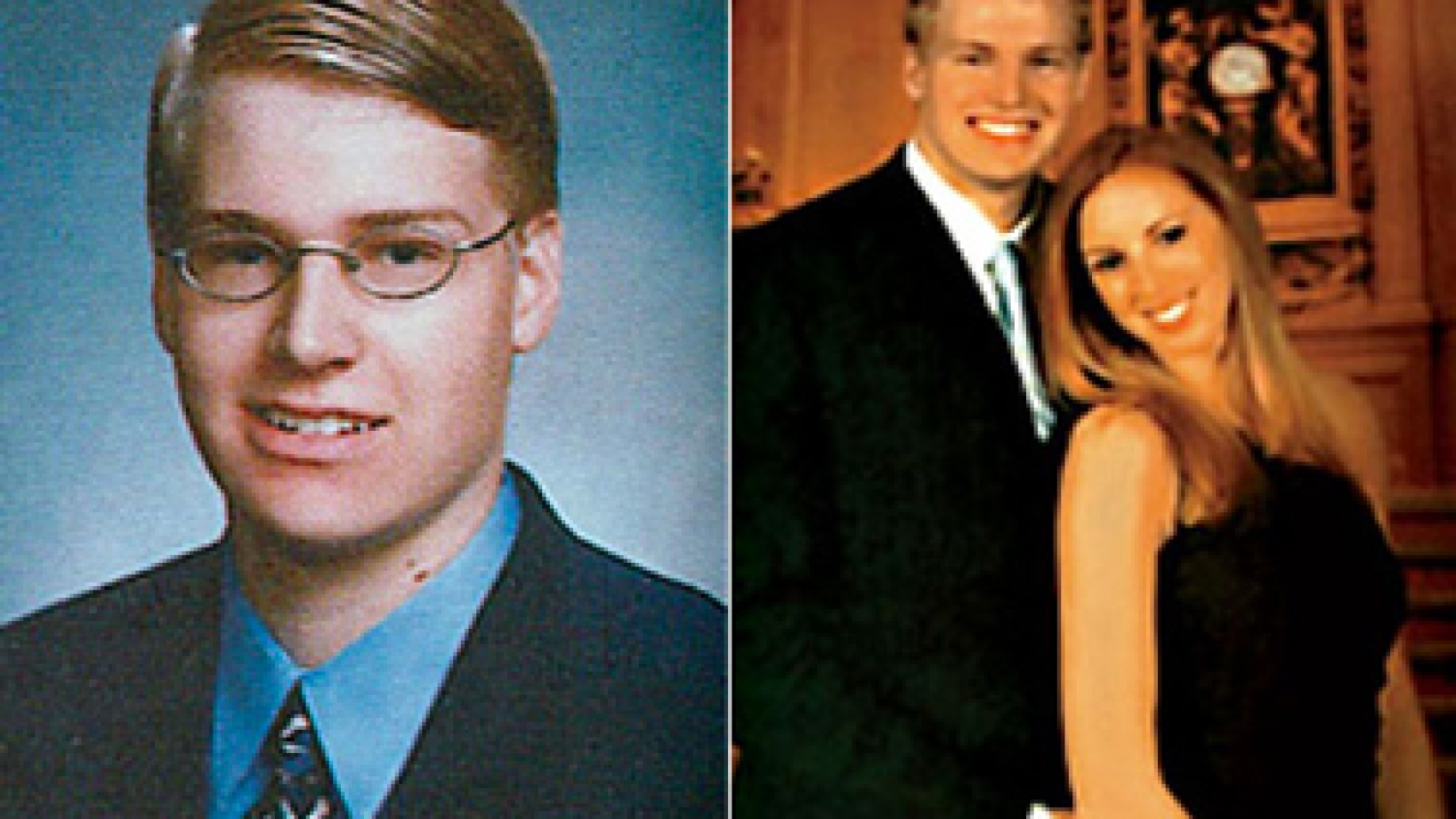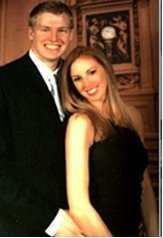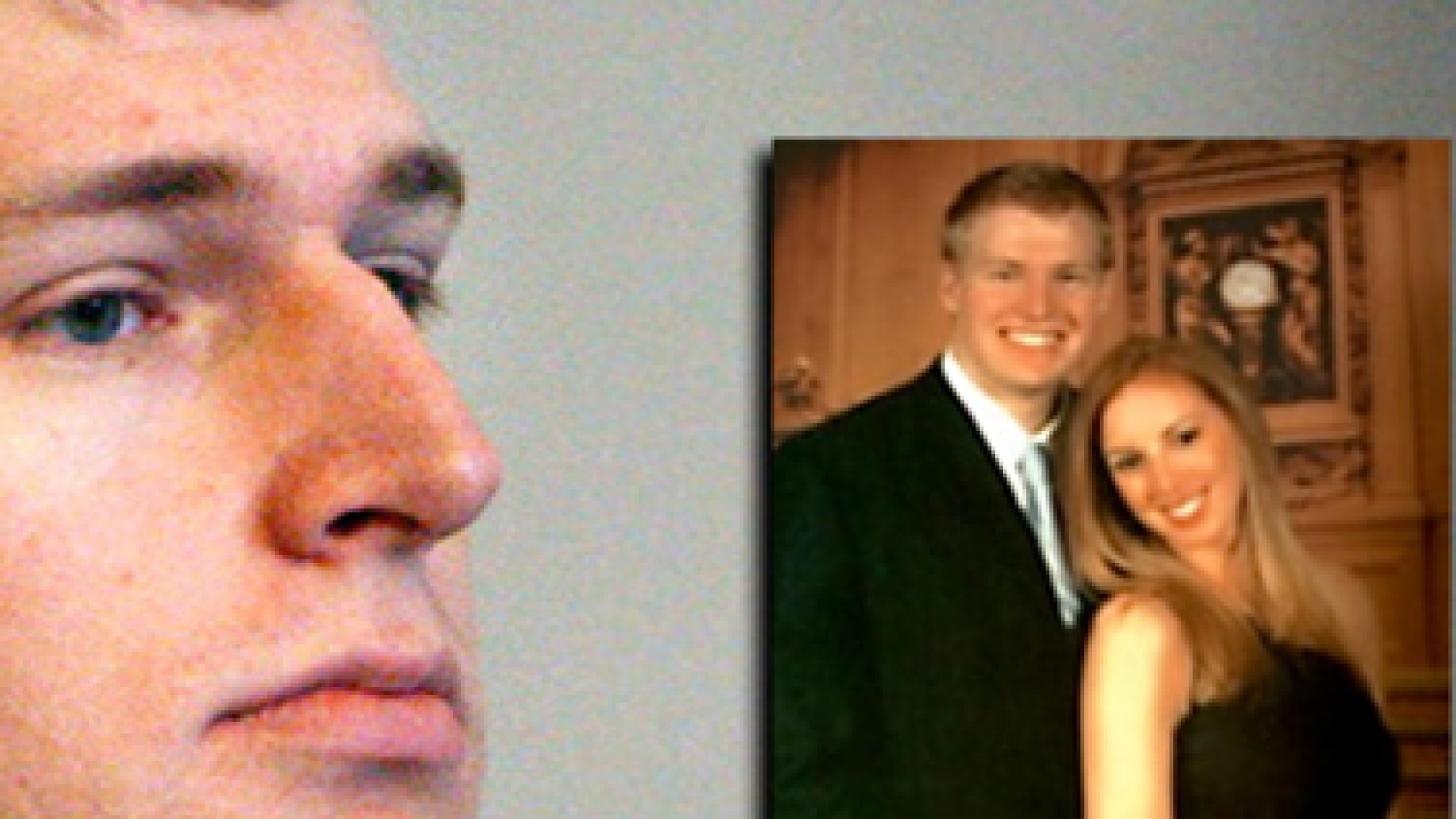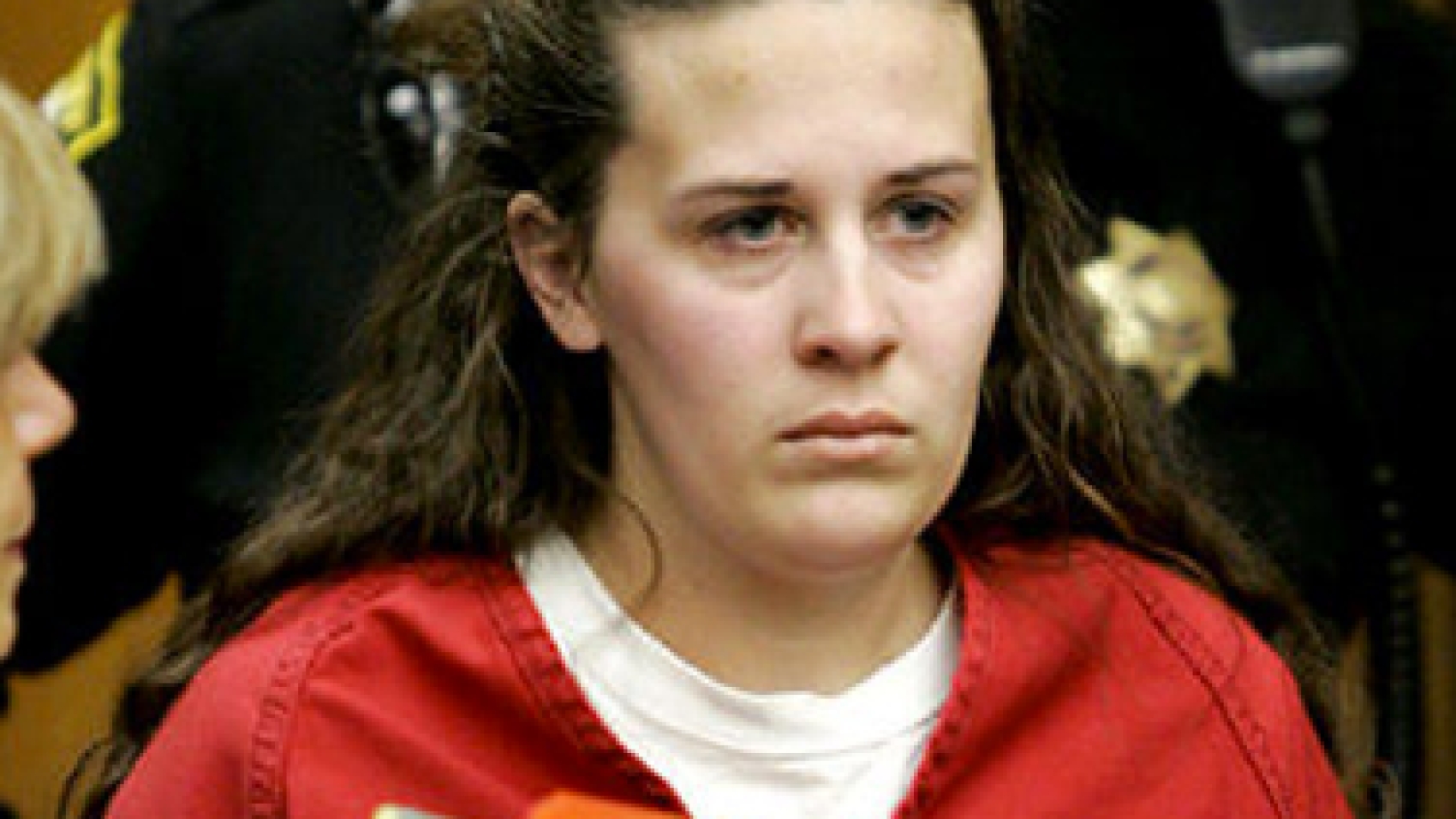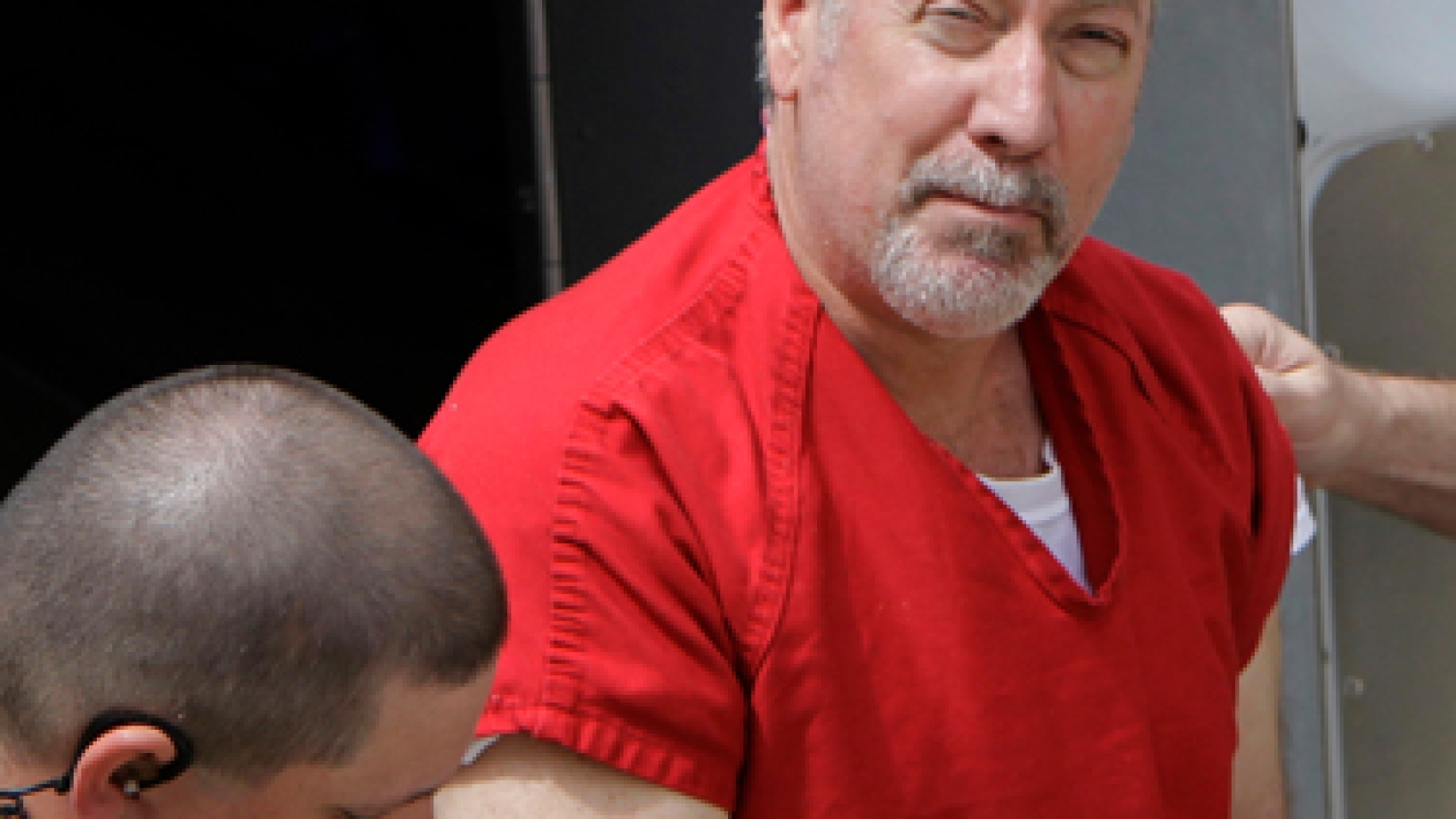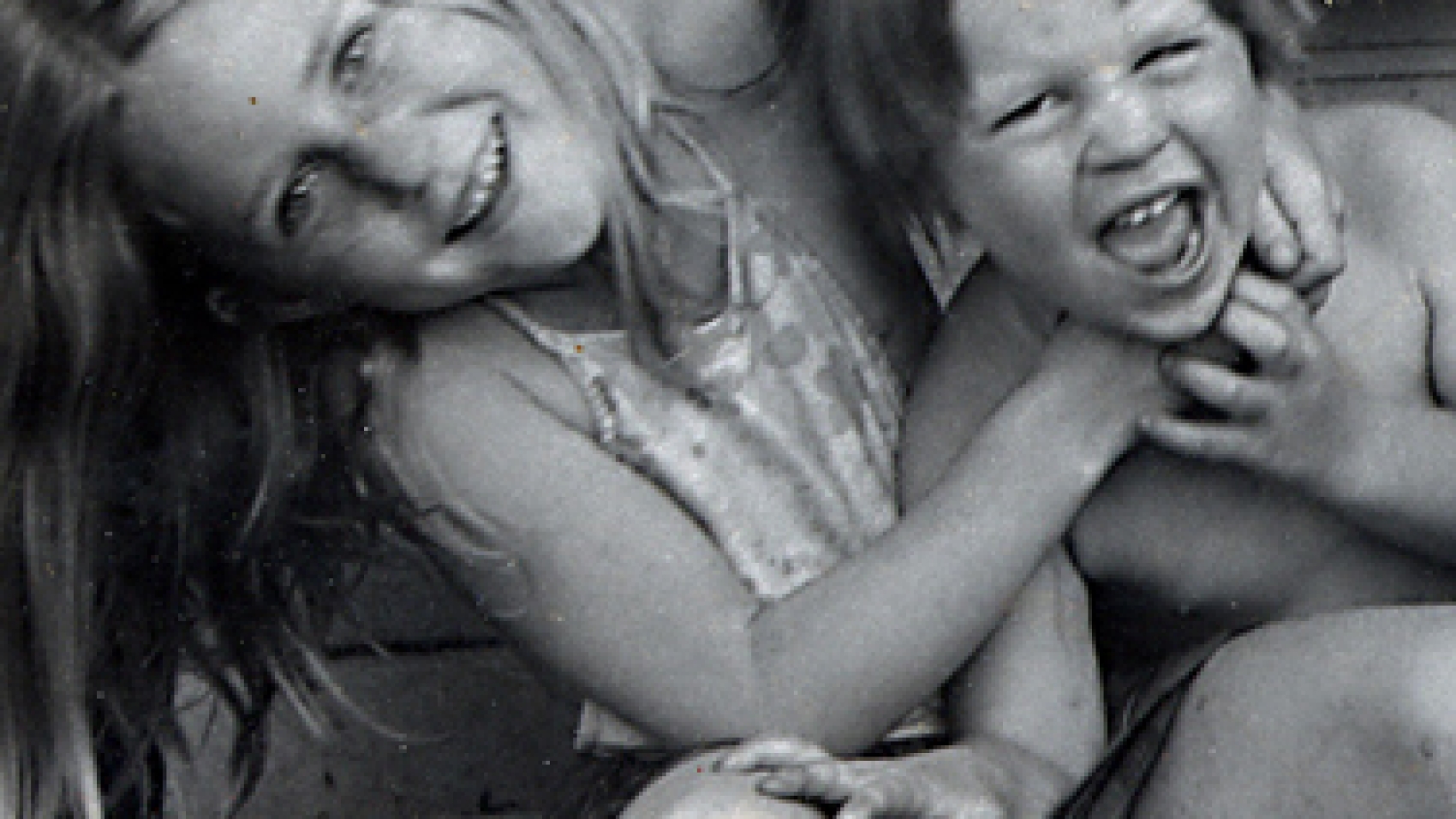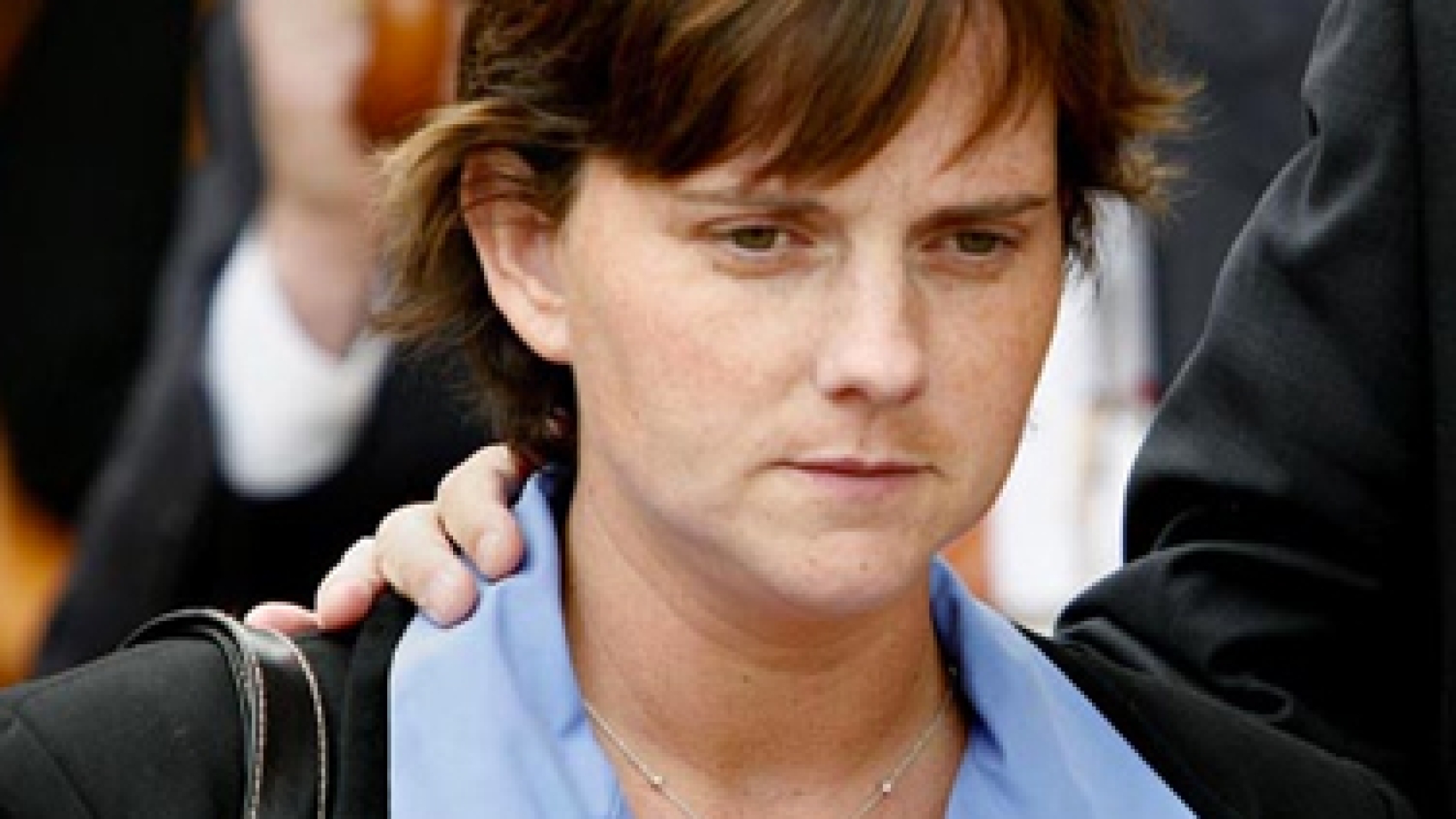While much of the regret we harbor inside comes from our own actions (infidelities we’ve had, accidents we’ve caused, debt we’ve gotten ourselves into) as well as from those important things in life we failed to do (opportunities unexplored, love not shared, forgiveness unspoken, once-in-a-lifetime events not attended), sometimes regret stems from something that has nothing to do with us. Something we have absolutely no control over or say in. Sometimes regret—those feelings of grief, sorrow, and remorse—come from our exposure to the world’s innumerable tragedies and devastations.

We all feel how small the world has become through the advances in technology. With a mere click of the mouse or remote control, the whole world comes into our lives and living rooms. On a daily basis, many of us witness unimaginable violence and suffering. Kidnappings, murders, suicides. Genocide, terrorism. Natural disasters that leave millions in their wake. Public figures coming to tragic ends as they lose battles with drug addiction or disease. And, of course, a national and global economy on the brink of depression. The daily news provides no shortage of things to feel empathy for, and for those who continually tune in with an open heart, this constant negative input eventually takes its toll on their psyche and physical health.

The mind-body connection dictates that what enters our consciousness also enters the rest of our being. When we take in the energy from the outside world, and attach to it emotions such as sorrow and remorse, that energy has to go somewhere. Unless we release it, which few know how to do, it goes into our body, where it blocks our energy field, causing stagnation and, ultimately, a physical or mental disease condition. I hear this complaint all the time at my energy healing workshops. I see the havoc too much empathy is having on people’s lives.
At a recent seminar, for example, 20-year-old Mandy joined me on the stage, complaining of recurring bladder infections. Talking with her, I learned that she was a passionate, empathetic young woman who worked for an animal rescue while attending school part-time. Her frequent health problems kept her from work at times, and she regretted that she was not able to devote more of herself to saving the plethora of homeless animals.
Mandy is clearly a person who feels deeply. Not only does she advocate for the animals at the shelter, but she also went to Louisiana after the Gulf oil disaster to help with the devastation that happened to people and animals there. As we talked about her terrible regret over the devastation to the Gulf and the wildlife that make it their home, the picture of her health became clear.

In Mandy’s energy field I picked up a great deal of bitterness, the result of frustration about all the animals she felt powerless to help. This unprocessed bitterness was the cause of her bladder problems. While her heart was in the right place—she wanted to do her part to alleviate the suffering in the world—she wasn’t aware that she was allowing her need to help overpower her ability to help, leaving her feeling frustrated and bitter.
Many people, like Mandy, feel that selflessness is the only way to be a “good” person, that anything less is narcissistic or self-centered. I adamantly disagree. I see all the time the kind of toll this takes in people who come to me for help; it’s in their energy fields and in the various dysfunctions of their life, including emotional pain and, for some, like Mandy, illness of the body.
Please don’t get me wrong, empathy and compassion are high virtues. Of course they are. They are the reason I do the teaching, speaking, and energy healing work I myself do. They stir us to alleviate suffering and to uplift others where we can. But we all have to know the point at which it becomes too much to handle. Where the wise adage of “Moderation in all things” has gone out the window. When we give too much of ourselves, taking us off kilter, it doesn’t do anyone any good. As we’ve seen, getting bogged down in the tragedies of others, distorts our energy centers, or chakras, blocks our healthy energy flow, and lowers our own vibration to the point of disempowering us and making us susceptible to dysfunction and disease.
So, what can you do if you’ve already depleted yourself to the point of anger and resentment, disempowerment, and/or illness? The following simple steps can help pull you out of a regretful state and reverse any blockage accumulating in your energetic, emotional, and physical systems. They are powerful tools for self-healing that bring emotional pain relief as well as act as energy healing to the body:
- Take time for yourself. This was the first thing I recommended to Mandy, who wasn’t doing any of the things a girl her age would normally do. We all need time for ourselves, time to just be—to relax, unwind, socialize, play. We need time to enjoy being alive without an agenda of getting something done. Otherwise, life tramples our boundaries and some of our essential needs go unmet. Talk about the perfect recipe for anger and resentment! You’ll see this all the time in the healing professions, where people give, give, give and never get in return. They become overwhelmed with anger and resentment, which, of course, only adds to the toxic energy buildup in their energy fields and bodies that then manifests as disease. It also detracts from the quality of service they have to give. Bottom line: Before we can give to others, we need to first fill our own wells.
- Tune out some of the negative and tune in more to joy. Go on a “news diet,” cutting down on the amount of death and destruction you take in and adding in its place something lighter, like play. While it’s important to know what’s going on in the world (which you can do, by the way, by skimming Internet news sites for about two minutes), you don’t have to witness every replay of the World Trade Center crumbling or every dying bird in the Gulf. Instead, add to your day some laughter and joy. I watch one rerun of Seinfeld every night an hour before going to sleep to get my laughter quota and to take a few minutes to relax my mind. You’d be amazed at what a powerfully renewing “therapy” this is.
- Uplift the planet by raising your own consciousness. Instead of trying to rescue the world in person, which will eventually deplete you, try uplifting the world by raising your consciousness. The easiest ways to do this, which you know about already if you have read my spiritual self-help book Truth Heals, are through journaling, meditation, and prayer. Writing in a journal helps you clear out your emotions on a daily basis. It’s great emotional hygiene! When I first began journaling to heal myself of cancer, I took a notepad around with me and jotted down every emotion I had, as often as I had them. I wrote it all—the good, the bad, and the ugly—anger, jealousy, resentment, you name it. When journaling, nothing is off limits. In fact, the uglier the better, as you need to get those toxic emotions out, to keep them from building up and creating energy blocks that can ultimately cause disease.

Meditation and prayer expand our consciousness and allow us to connect to and communicate with a higher source. As we begin vibrating at a higher frequency, we lift others up—just by our presence. Think of meditation as simply connecting your consciousness to the unified field for a certain period of time, where your consciousness sends out ripples into the vast ocean of consciousness, ever expanding at a higher level. Prayer, especially when it takes the form of gratitude for the perfection that lies just outside our human view (for example, visualizing the Gulf in all of its former glory) can also create the very state we desire. Certainly more productive than wallowing in helplessness and overwhelm, this can also do more for healing the situation than traveling to the disaster site to lend physical support, which may be unrealistic for many. From my own remission from cancer, plus years of training and working with people around the world, I know for a fact that journaling, meditation, and prayer have a tremendous, tangible power to heal.
- Redefine what it means to be of service. Many of us think that being of service needs to be grand, and so we give more than we can afford. Usually, this giving is out of a need for approval and acceptance. Deep inside, we don’t feel we are enough, and so we compensate. We’re so desperate for approval that we lose all sense of our boundaries and self-care. But being of service is really just about love. It’s the “chop wood, carry water” instruction from the famous Zen proverb: Take what nature has given you, just be exactly where you are, and do what you do with an attitude of love. Elevate others; mean them well. Intend them happiness and health. When you align your actions with those intentions, you’ll be of service to everyone you meet. And, don’t forget to include yourself in those you care for!
These few changes can dramatically improve your emotional health as well as the state of your body. The love, care, and service you give needs to be from a balanced and filled place.
One final cautionary word about empathy for all the aspiring healers out there: We all do empathic healing naturally, mostly with our family members and pets—where we take their pain and illness into our own energy fields and bodies to “process.” One of the first things I teach someone who wants to become a healer is how not to do that! That’s because empathic healing requires you to take in another’s negative energy through your own body in order to move it out of them; fine on occasion, but not as a daily practice. For more information about becoming certified as a healer in my 21st Century Energy Medicine Program, visit https://deborahking.b.smartzsites.com/21stcenturyenergymedicineprogram/.

